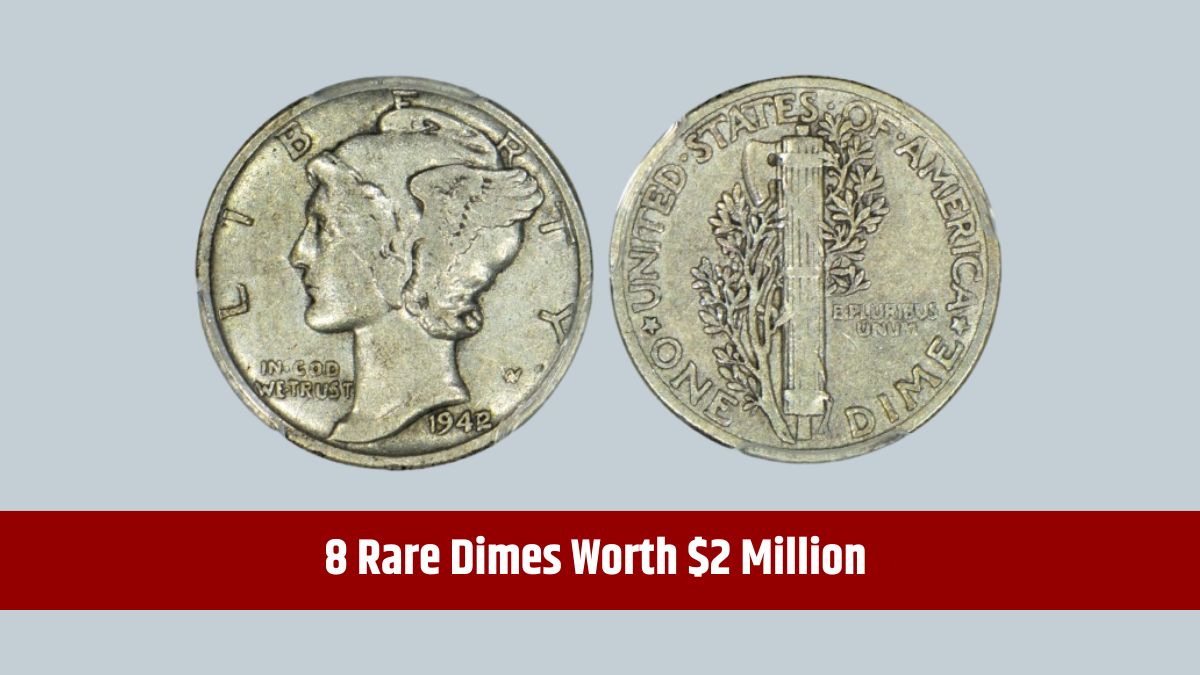For retired workers, claim age plays a significant role in determining Social Security benefits. In 2025, Social Security benefits will receive a 2.5% cost-of-living adjustment (COLA), alongside updates to the primary insurance amount formula. As a result, the maximum possible payout for retirees is set to increase, and knowing claim age’s impact can be essential for those approaching retirement.
A recent survey by the Nationwide Retirement Institute found that less than half of Americans knew claim age affects Social Security, and only 4% could identify all the critical factors in maximizing benefits. Given that Social Security is often a primary source of income for retirees, knowing how to maximize these benefits can make a substantial difference in living standards.
Benefits
The maximum Social Security payout a retiree can receive depends on the age at which they claim benefits. In 2025, here’s how claim age affects the maximum monthly benefits:
- Age 62: $2,831
- Age 66: $3,795
- Age 70: $5,108
Claiming benefits later can significantly increase monthly payouts. For instance, retiring at age 70 in 2025 could yield an additional $2,277 per month compared to retiring at 62. That’s an increase of $27,324 annually, showcasing the value of delaying benefits for those able to wait.
Qualify
To qualify for the maximum Social Security payout, retirees need to optimize three main factors: work history, lifetime income, and claim age.
- Work History: The Social Security Administration (SSA) calculates benefits based on a retiree’s 35 highest-earning years. Workers with fewer than 35 years will have zeros factored into their calculation, reducing the potential maximum benefit. Therefore, reaching a full 35-year work history is crucial to maximizing Social Security.
- Lifetime Income: Social Security only considers income up to the annual maximum taxable earnings limit. In 2025, this limit will be $176,100 (up from $168,600 in 2024). Workers aiming for the maximum benefit must meet or exceed this limit for 35 years. This level of income is rare, as only 6% of workers surpassed the taxable maximum last year.
- Claim Age: Retirement benefits become available at age 62, but claiming early reduces the payout. Conversely, delaying Social Security beyond the full retirement age (FRA) increases benefits through “delayed retirement credits,” which add 8% annually up to age 70. Therefore, claiming at 70 can yield the highest possible payout, assuming the retiree has fulfilled the work history and lifetime income requirements.
Retirees who claim early—at age 62, for example—could receive only 70% of their primary insurance amount (PIA). In contrast, those who wait until age 70 can receive 124% of their PIA, representing a 77% boost over the benefit amount at 62. This substantial increase highlights the importance of claim age in maximizing benefits.
Maximizing
While few Americans earn enough to secure the maximum Social Security benefit, following these principles can help any worker increase their payout. Those planning to retire before reaching 35 years of employment may want to reconsider, as fewer years worked will lower their benefits. Additionally, those considering claiming at age 62 should be aware of the significant reduction in benefits that decision entails.
Pro Tip: For individuals born in 1960 or later, claiming at 62 means receiving 70% of their PIA, whereas claiming at 70 results in 124% of their PIA. In other words, waiting until 70 can increase a retiree’s benefit by 77%, a difference worth considering for those financially able to delay benefits.
Social Security
Social Security is a critical income source for retirees, and strategic planning can help boost that income significantly. A handful of lesser-known Social Security “secrets” could increase annual benefits by as much as $22,924, giving retirees a substantial financial boost. Learning these strategies can make a considerable difference for those looking to retire with peace of mind and greater financial security.
FAQs
How does claim age affect Social Security?
Claim age affects monthly benefits; delaying increases payouts.
What is the maximum Social Security at age 62 in 2025?
$2,831 monthly for those claiming at 62.
What is the benefit at age 70 in 2025?
The max monthly benefit at 70 is $5,108.
Why is work history important for Social Security?
Benefits are calculated based on 35 years of highest earnings.
How can I increase my Social Security benefit?
Delay claiming until age 70 and ensure a full work history.






